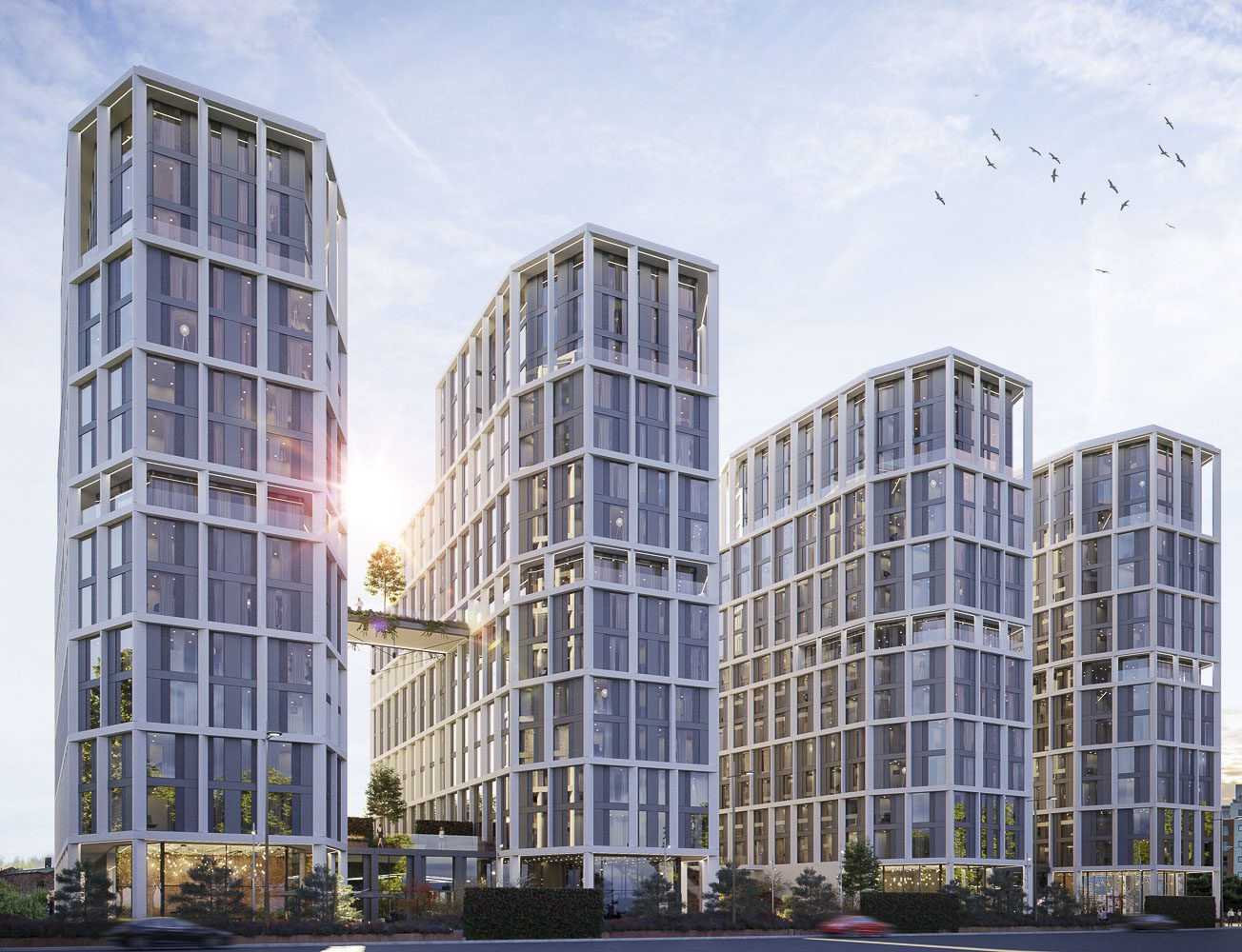A typical residential property purchase functions as a home for the buyer to live in, while an investment property functions more as a business venture.
A Home Vs a Business Venture
Properties purchased as primary residences are more sentimental, personal, and have an emotional connection.
The buyer, and possibly their family, will be living there, so they’ll search for properties with themselves and their loved ones in mind.
When they are searching for a home, buyers look for aspects appealing to their own needs, such as the number of rooms in the property, any outdoor space or gardens and having amenities like schools and shops nearby.
On the other hand, investment properties are to be lived in by tenants, so the buyer will usually keep their target tenant in mind while browsing the property market.
For example, an investor may be interested in buying a student property. They’ll look for an apartment or studio flat that is centrally located, within walking distance to universities or transport links, and fitted with modern appliances and high-speed internet.
Therefore, the buyer isn’t looking for what they want for themselves but what the type of tenant they want to draw to the property will be looking for.
Funding an Investment Property
Another key way that buying investment properties differs from home buying is with funding.
The most common way that people pay for their homes is with a residential mortgage. Those buying an investment property can also use a mortgage to fund their purchase.
However, they will need to use a buy-to-let mortgage when purchasing a rental property.
Buy-to-let mortgages are similar to residential mortgages as they require a percentage of the property purchase price as a deposit, followed by regular mortgage repayments.
To secure an investment property mortgage, investors will need to put down a deposit of at around 25% (sometimes more, depending on different mortgage lenders) and make sure they meet all the criteria required to be accepted by a buy-to-let mortgage lender.
Many mortgage lenders will not lend money to buyers purchasing an off-plan property due to the increased risks associated with the development of the property.
Other options for funding an investment property purchase include using a payment plan.
Payment plans are often available to those buying off-plan properties and allow the investor to purchase their property in smaller chunks of cash.
This could mean the investor splits the purchase price into two instalments, with the first 50% payable when they initially invest and the remaining 50% payable when the property is completed.
To work out whether you have enough money to get started with an investment property purchase, read our article ‘Can I afford an investment property?’


















